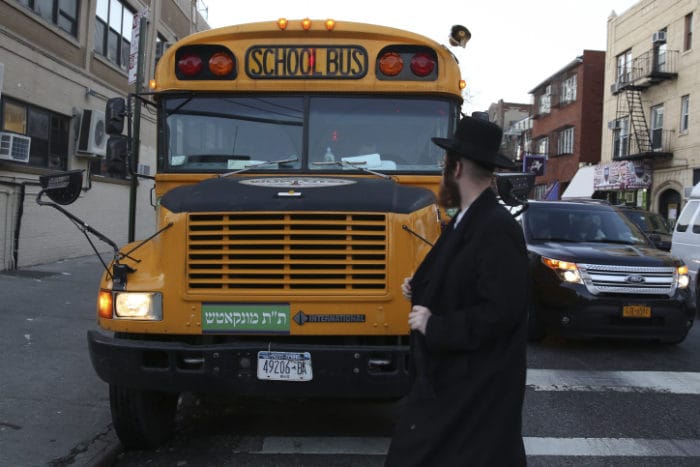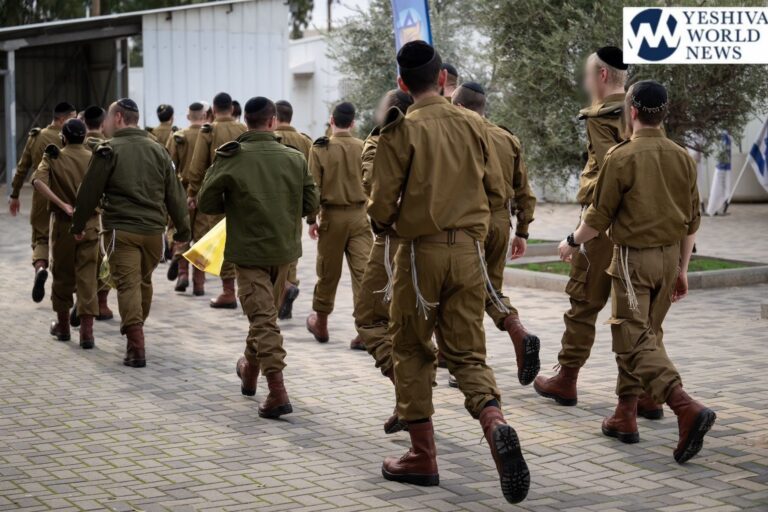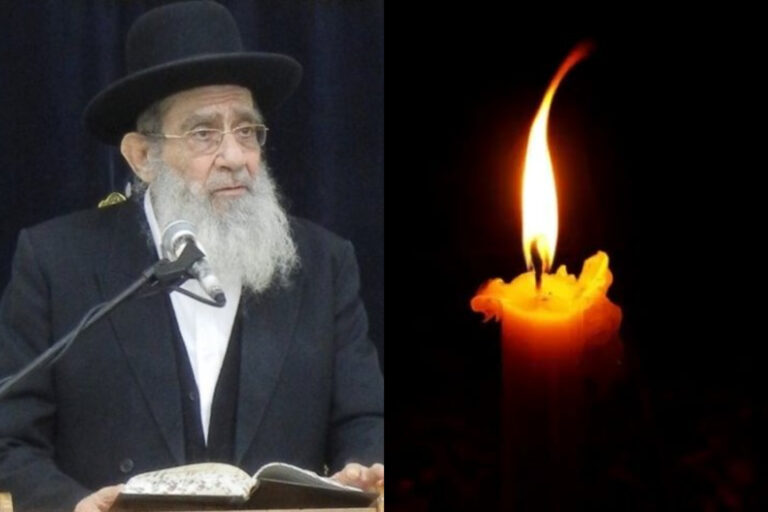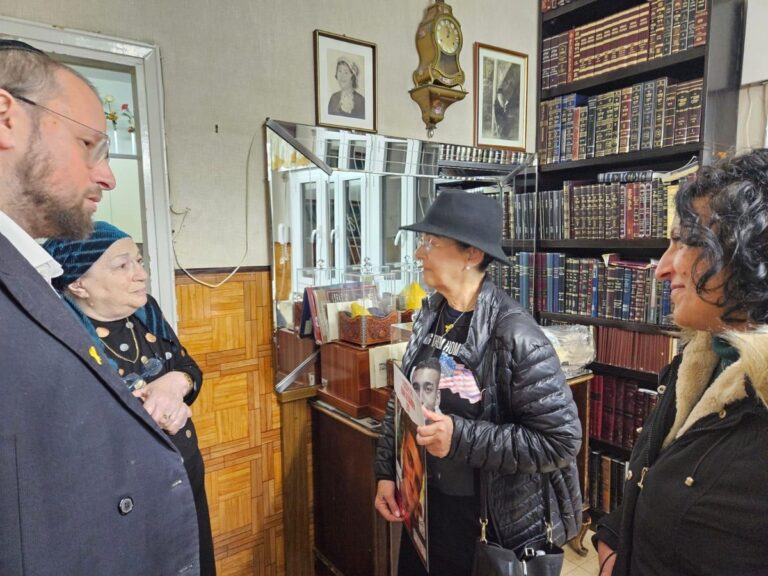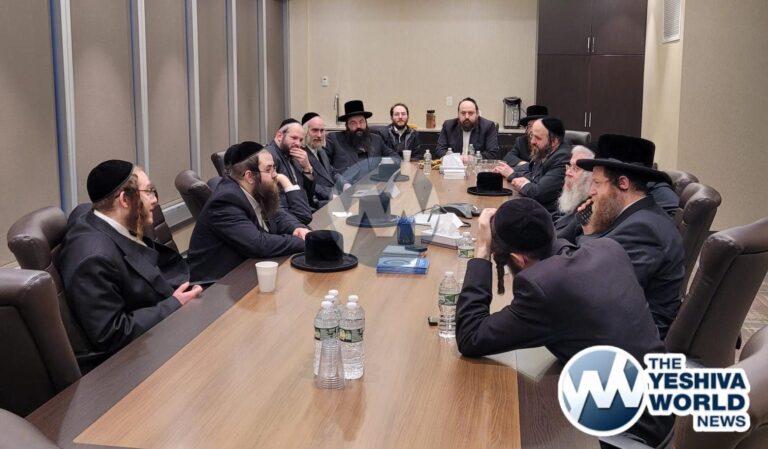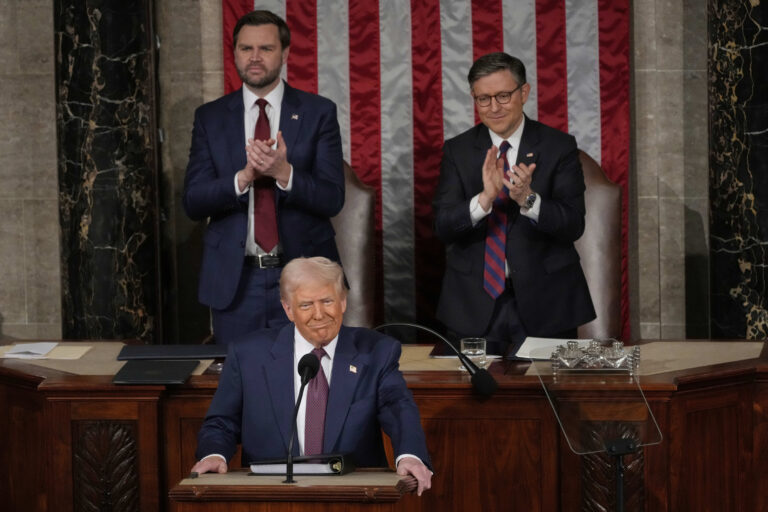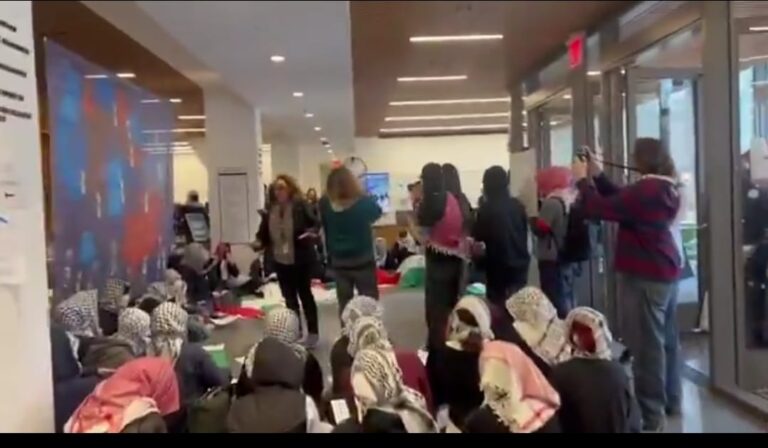 Following the election of Israel’s new chief rabbis by the voting body of 150, the same body must select members of the Chief Rabbinate of Israel Council, the body that determines many policies including marriage, burial, divorce, conversion and other matters critical to Yiddishkheit. 16 rabbonim serve on this council, but the 150-person voting body only selects ten of them.
Following the election of Israel’s new chief rabbis by the voting body of 150, the same body must select members of the Chief Rabbinate of Israel Council, the body that determines many policies including marriage, burial, divorce, conversion and other matters critical to Yiddishkheit. 16 rabbonim serve on this council, but the 150-person voting body only selects ten of them.
In reality, when it comes down to it, many of the 150 people with voting rights will not bother to vote, as for them, the issue of the Chief Rabbinate Council is not relevant. In addition, many of them are preoccupied with their own community’s municipal elections and their own political futures.
The Ministry of Religious Services has tried to push off the election of the council until after the municipal elections. Ministry officials feel pushing it off for a number of months would be wise, however, it now appears the election of the council will take place on 6 Cheshvan 5774.
Among the 16 members of the council are the two chief rabbis and four rabbis of the major cities; Yerushalayim, Tel Aviv, Haifa and Beersheva. The voting body therefore votes for ten rabbonim. The IDF Chief Rabbi sits in on the council as an observer without voting rights.
At present Jerusalem does not have chief rabbis so the voting body will elect one additional rabbi. The other major cities, Tel Aviv (Rabbi Yisrael Meir Lau), Haifa (Rabbi Shlomo Shalush) and Beersheva (Rabbi Yehuda Deri) only have one chief rabbi so they will automatically be tapped to serve. In an effort to maintain a balance, six Ashkenazi and five Sephardi rabbonim will be appointed to the council.
And as is usually the case a deal is in the works. According to the dati leumi Srugim News, the deal appears to be between Shas, Bayit Yehudi and Yahadut Hatorah. Negotiations are ongoing, heading in the direction of the two chareidi parties selecting four rabbonim to serve on the council and Bayit Yehudi will select three. At least one of the candidates selected by each party will have to meet the approval of the other two parties.
This being the case, who would Bayit Yehudi like to see appointed? Heading the list if Rabbi Yaakov Ariel (Chief Rabbi of Ramat Gan), followed by Rabbi Shmuel Eliyahu (Chief Sephardi Rabbi of Tzfas) and Rabbi Micha Levi (Chief Rabbi of Petach Tikvah) or Rabbi Tzefanya Drori (Chief Rabbi of Kiryat Shmona). It appears that Rabbi Dr. Tzion Arussi (Chief Rabbi of Kiryat Ono) will not make it to the council this time as is the case with Rabbi David Stav (Chief Rabbi of Shoham), and Rabbi Yaakov Shapira (Rosh Yeshivat Merkaz HaRav).
Persons close to Rav Stav are quoted by Srugim explaining that if a deal is in the works it cannot possibly represent the true interests of the tzibur. They add such a deal will represent Bayit Yehudi capitulating to the chareidi parties by removing the candidacy of Rav Stav to appease Shas and Yahadut Hatorah. If the deal fails, one likely option is the current council will continue serving another term – a move that would leave the dati leumi tzibur with only three members, Rabbi Arussi, Rabbi Eliyahu and Rabbi Shapira.
It appears Bayit Yehudi prefers a sure thing with a deal rather than just relying on the selections of the voting body.
Srugim adds that Bayit Yehudi officials admit talks are ongoing but denies that any deal has been agreed too involving the chareidi parties.
(YWN – Israel Desk, Jerusalem)

